We understand that the secondary years are critical in preparing students for higher education and their future careers. Our philosophy is to bridge academic excellence with personal growth, fostering critical thinking, resilience, and independence. We provide a challenging and supportive environment where young adults can refine their skills, discover their passions, and confidently step into the future.
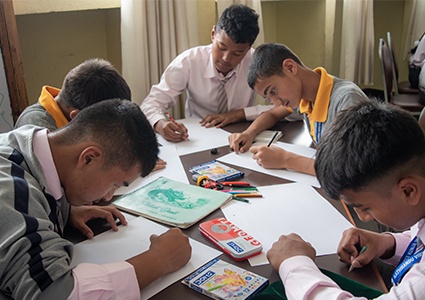
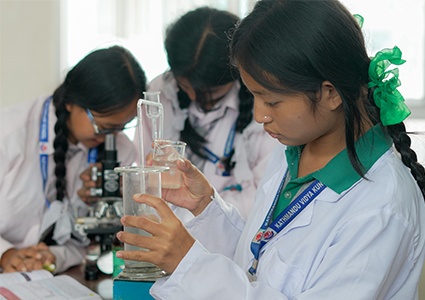
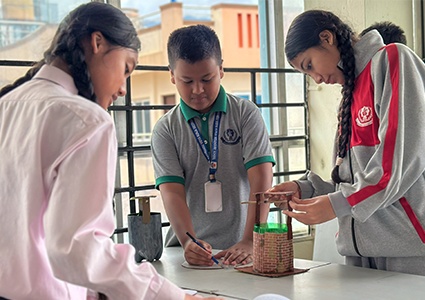
Years In Operations
No. Of Graduates
No. Of Teachers, Etc.
Advanced courses in mathematics, science, humanities, and languages.
Opportunities for student council, clubs, and community service.
Guidance and resources for future planning.
Preparing students for a digital world with cutting-edge tools.
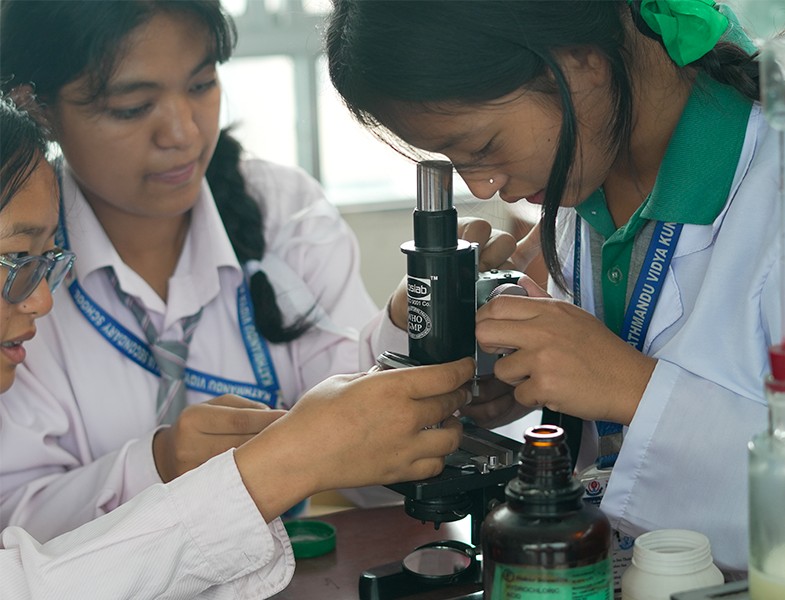
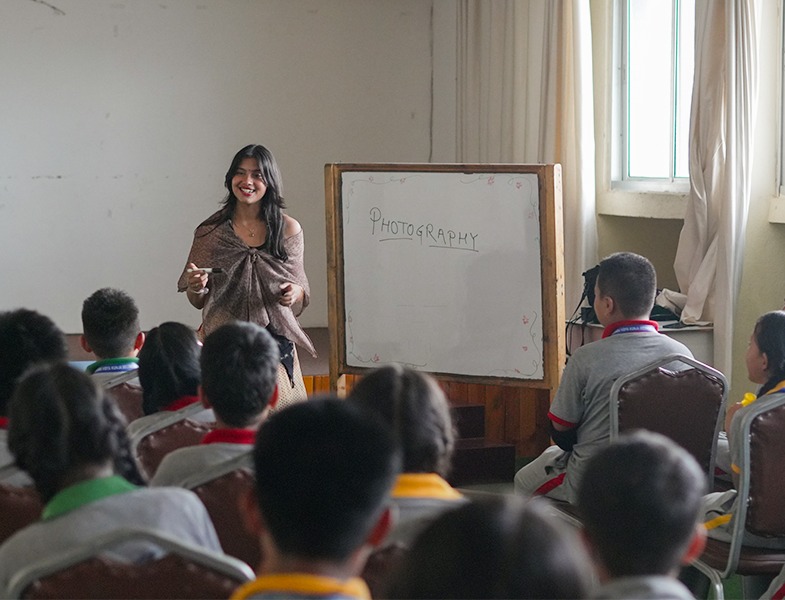
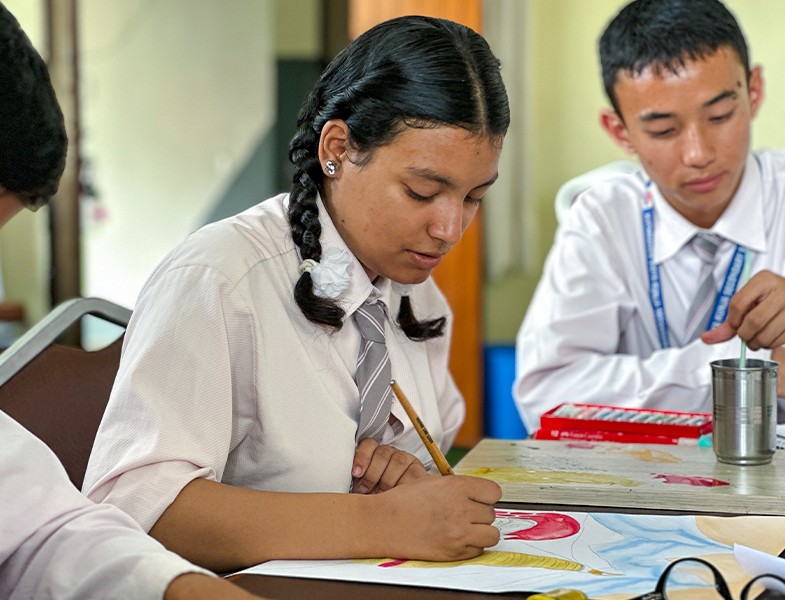
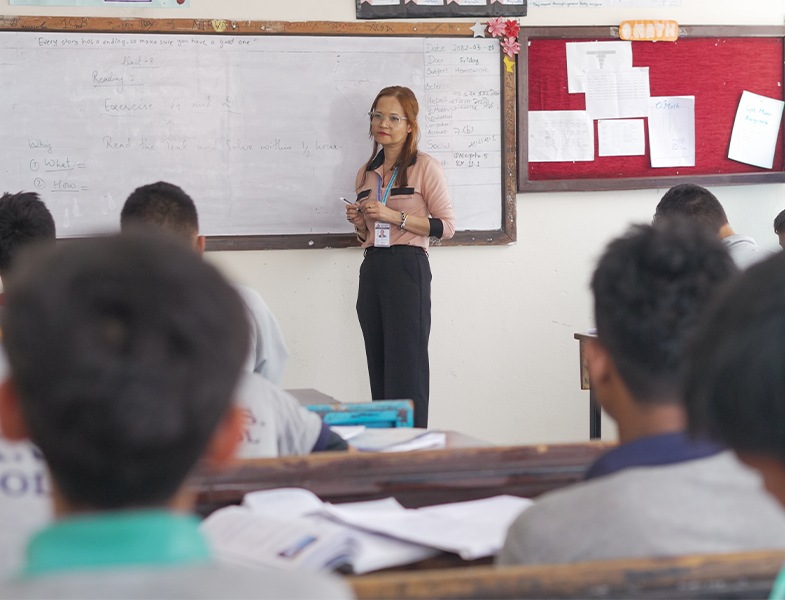
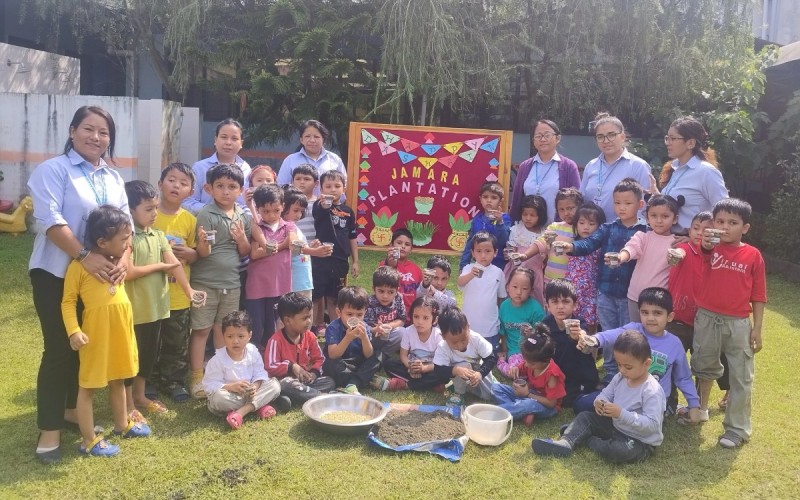
Grade: 6
Students of Grade 6 delve into the world of commerce with KVKS School Market Day. They learn about supply and demand, profit and loss, but also about how marketplaces bring people together, by hosting a Market Day for the neighbourhood.

Grade: 7
While many of the Long Term Projects at KVKS have students learning more about the environment around them, the students of Grade 7 focus on the effect that humans have on the environment. Through their own efforts, they put into action what they have learnt, to start and maintain their own waste management program at school.
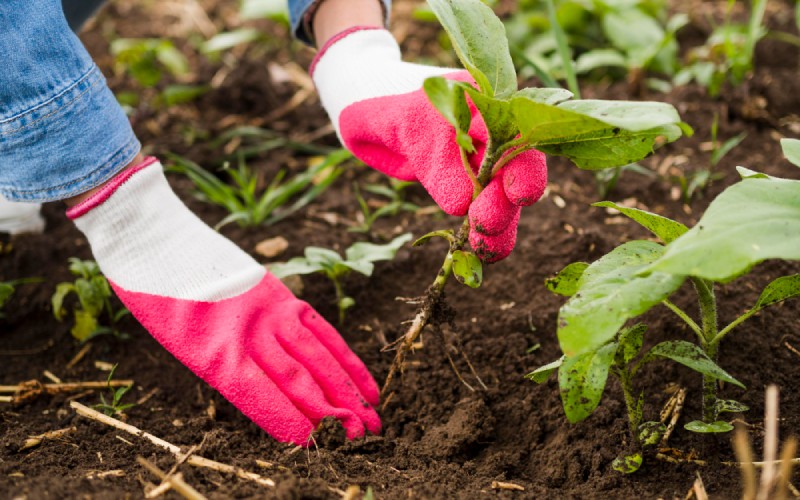
Grade: 8
Students start off this project by planting radishes early in the year. As the radishes grow underground, students learn about agriculture, the importance of local produce, and nutrition. The end result, pickles that they sell at the KVKSS Market Day, is a practical lesson in entrepreneurship.

Grade: 9
Students explore the weird and wonderful world of fungi, which straddles the Animal and Plant Kingdom in a unique way. There is nothing typical about them, and raising them is a challenge. Even failure can be a valuable learning experience in this long term project
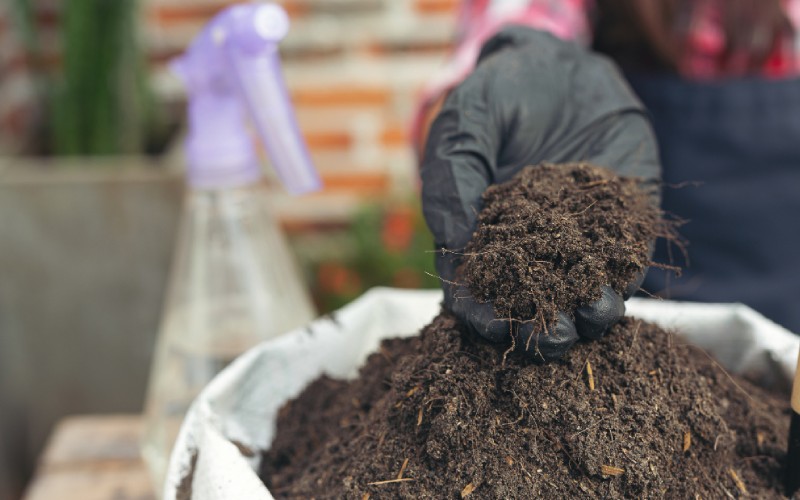
Grade: 10
Students learn about how the end of a lifecycle nurtures the beginning of another, as they begin their journey into compost. Through exploring the science of decomposition and how nutrients are recycled, students are able to see the beauty in even things that might be considered useless or unappealing.